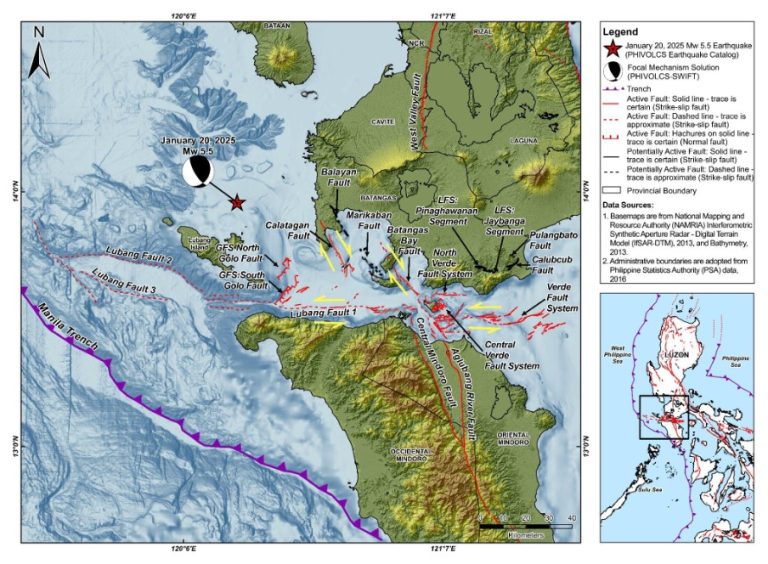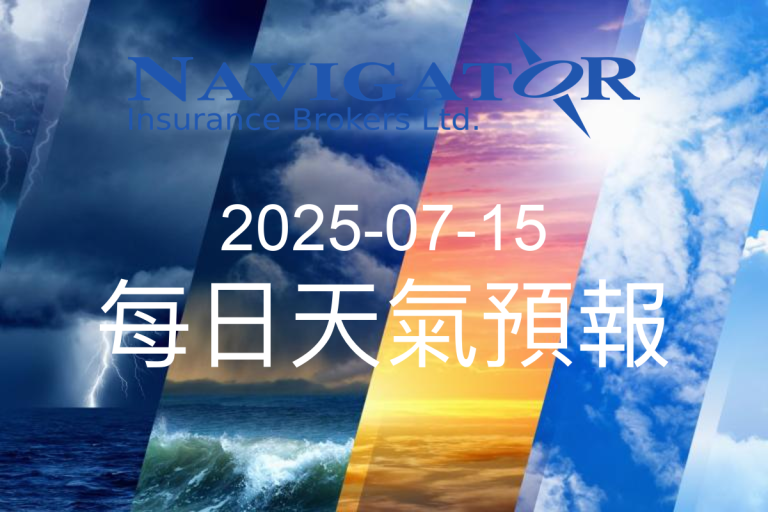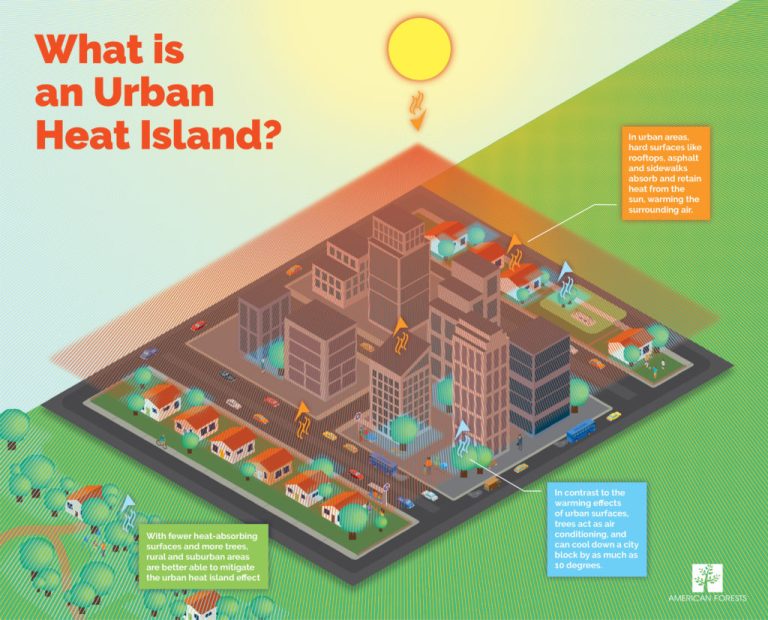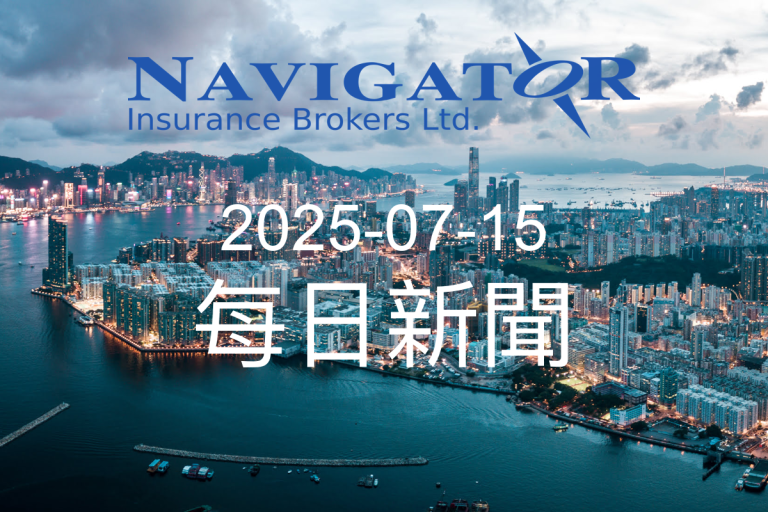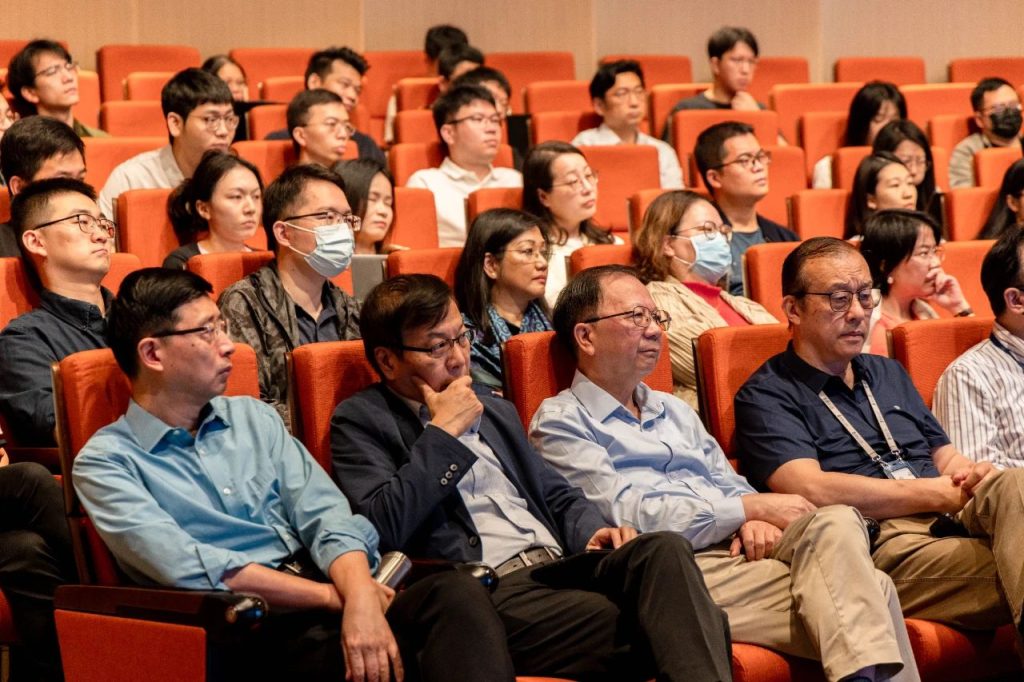
Hong Kong’s economy is shifting focus to innovative strategies, and the low-altitude economy (LAE) is a key part of this plan. LAE refers to the use of airspace below 400 feet for commercial and public services. This includes activities like drone deliveries, aerial photography, and environmental monitoring. The HKSAR government recently announced 38 pilot projects to test these ideas in a controlled environment, known as a regulatory sandbox. These projects aim to boost Hong Kong’s economy and improve urban services.
The concept of LAE relies on advanced technologies like drones and unmanned aerial vehicles (UAVs). These tools make it possible to perform tasks more efficiently, such as delivering goods or monitoring air quality. Globally, cities are adopting LAE to solve urban challenges. Hong Kong is joining this trend by testing new ideas that could transform how the city operates.
The Working Group on Developing Low-altitude Economy, established in 2024, plays a central role in this initiative. This group is responsible for creating strategies, action plans, and regulations for LAE. It also ensures collaboration between government departments and private stakeholders. By designing a clear framework, the group aims to support innovation while addressing safety and privacy concerns.
The 38 pilot projects were selected from 72 applicants based on their potential impact and feasibility. Examples include drone delivery services for e-commerce and aerial photography for urban planning. Some projects will begin trial operations in April, with a six-month testing period. This sandbox approach allows the government to evaluate the effectiveness of these technologies before wider implementation.
LAE offers significant economic benefits, such as creating new jobs and industries. It also positions Hong Kong as a global innovation hub. For example, drone delivery services could reduce traffic congestion and improve logistics efficiency. Environmental monitoring projects could help address pollution and protect natural resources. However, challenges like public safety and regulatory compliance must be addressed to ensure success.
The success of these pilot projects could lead to further expansion of LAE in Hong Kong. Continuous monitoring and evaluation will provide valuable insights for future policies. International collaboration and knowledge sharing will also be important to learn from other cities’ experiences. Public engagement and education will play a key role in building trust and acceptance of these new technologies.
By investing in LAE, Hong Kong is taking a proactive step toward sustainable urban development. This initiative not only boosts the economy but also enhances the quality of life for its residents. The next steps will focus on refining regulations, scaling successful projects, and fostering innovation across the city.




